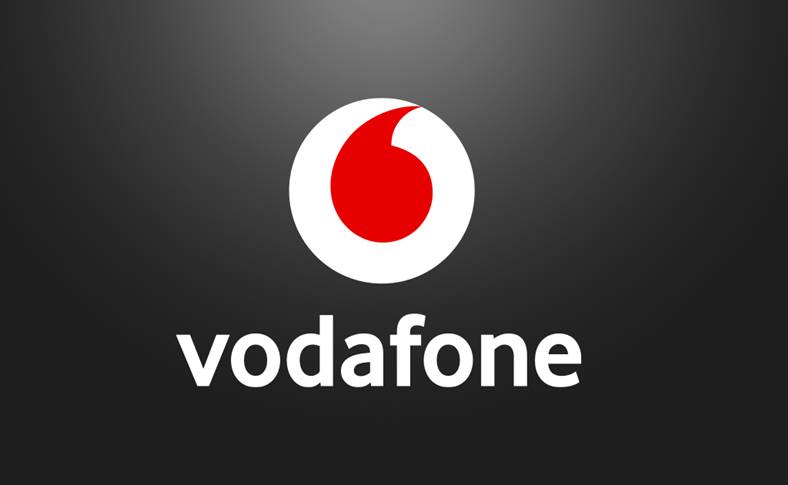Vodafone. La fel ca restul operatorilor de telefonie mobila, are o clauza cam abuziva in contractele sale, aceasta obligand clientii sa plateasca pentru produse de care nu beneficiaza vreodata, iar asta nu e tocmai legal. In iunie 2018 Vodafone a fost sanctionata cu avertisment de catre ANPC deoarecei-a obligat pe doi fosti abonati sa plateasca despagubiri cand au reziliat contractele, si a fost obligata sa le returneze banii pe care i-a perceput in mod ilegal.
Vodafone. Contractele au fost reziliate inainte de expirarea perioadei contractuale minime pentru care au fost incheiate pentru a benficia de anumite reduceri, una fiind de 1.8 euro pentru un abonament de 11 euro pe luna, daca era pastrat contractul timp de 2 ani. Vodafone a sustinut ca a oferit preturi mult mai mici decat in mod normal pentru abonamente tocmai pentru a obliga clientii sa ramana in retea pentru o perioada fixa, oferind si explicatiile de mai jos.
În cazul încetării contractului înainte de expirarea perioadei minime contractuale, la cererea clientului sau din motive imputabile acestuia, compania are dreptul să solicite achitarea unei juste despăgubiri egale cu valoarea prejudiciului cauzat, conform clauzelor din contractul de abonament. Spre exemplificare, costul total lunar la un consum de 100 minute în rețeaua Vodafone România (din beneficiile nelimitate) și 100 minute în rețeaua națională (din beneficiile nelimitate) ar fi de 8 euro fără TVA, având în vedere că minutul utilizat în orice rețea națională este de 0,04 euro fără TVA. De asemenea, costul total lunar pentru utilizarea de către client a 210 GB de internet pe mobil este de 1.411,76 euro fără TVA, având în vedere că utilizarea a 100 MB este tarifată cu 0,67 euro fără TVA
Vodafone contesta o sanctiune pentru clauzele abuzive din contracte, dar pierde in instanta
Vodafone. Compania sustine ca i-a si explicat clientului ca trebuie sa plateasca abonamentul timp de 2 ani pentru a beneficia de acesta oferta, altfel va trebui sa plateasca despagubiri pentru ea, asa cum prevede legea. Instanta, in schimb, a apreciat ca Vodafone, desi a anuntat clientul in legatura cu despagubirile, nu poate percepe bani pentru un serviciu de care clientul nu beneficiaza, adica acea contravaloare a abonamentului pana la finalul celor 2 ani, cum percep si restul operatorilor.
Apărările formulate de către petentă, în sensul că în cauză nu se poate vorbi de aplicabilitatea articolului 9 din OG 21/1992 constând în obligația profesionistului de a pune pe piață numai produse sau servicii care nu lezează interesele economice ale consumatorilor și să se comporte în mod corect în relațiile cu aceștia, sunt neîntemeiate, din moment ce prevederile OUG 111/2011 invocate de către petentă acordă dreptul operatorilor de a solicita o justă despăgubire, condiționând acest drept de obligația de informare corespunzătoare a utilizatorilor, și se referă la utilizarea serviciilor sau durata minimă necesară pentru a beneficia de anumite promoții sau avantaje, respectiv sumele datorate de abonați la încetarea contractului, inclusiv, dacă este cazul, recuperarea anumitor costuri legate de echipamentul terminal contractat, însă chiar și aceste prevederi legale (OUG 111/2011 – n.r.) trebuie aplicate prin prisma prevederilor articolul 9 din OG 21/1992 privind protecția consumatorilor.
Vodafone. Daca operatorul ar fi cerut contravaloarea telefoanelor oferite cu reducere, sau a altor echipamente, atunci n-ar fi fost sanctionata, insa pentru servicii pe care nu le presteaza, nu poate sa perceapa vreun ban. Practic, Vodafone, sau restul operatorilor telecom, nu va pot percepe bani ca despagubire.pentru servicii care nu au fost prestate, chiar daca ati incheiat un abonament pentru care ati beneficiat de o reducere daca plateati pentru el o anumita perioada de timp.
Vodafone. Decizia este una de prima instanta, deci ea poate fi atacata de catre operator, dar asta nu inseamna ca o va face, si ca va castiga, daca nu are dovezi noi, instanta ajungand acum la decizia ca nu a avut.






















